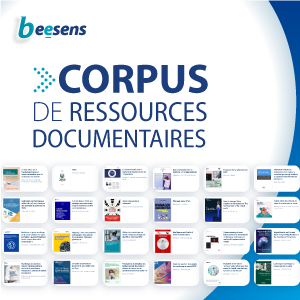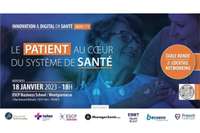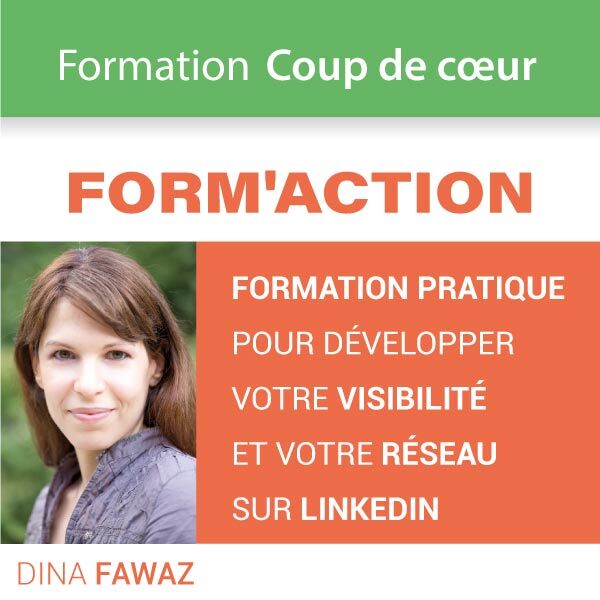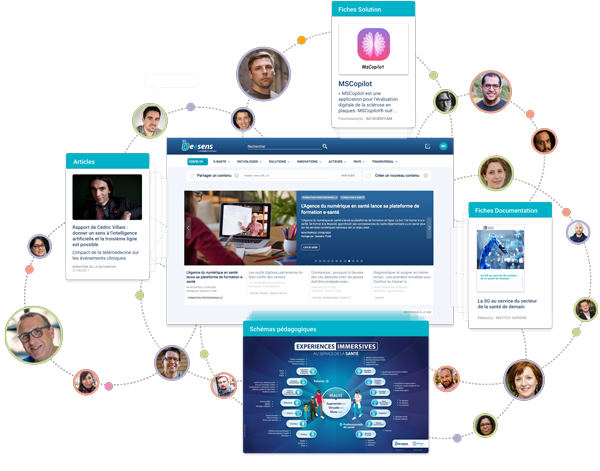"One of the challenges for clinicians working in memory clinics is determining who among their patients will proceed to develop dementia. A new AI tool may be ready to help.
According to a study published in JAMA Network Open and funded by Alzheimer’s Research UK, AI can predict which patients in memory clinics will develop dementia within two years with 92 per cent accuracy by spotting hidden patterns in the data and determining who is most at risk.
For the study, researchers from the University of Exeter analyzed data from more than 15,300 people who attended a network of 30 National Alzheimer’s Coordinating Center memory clinics in the US. The attendees did not have dementia at the start of the study, though many were experiencing problems with memory or other brain functions, but in the study timeframe between 2005 and 2015, one in ten attendees received a new diagnosis of dementia within two years of visiting the memory clinic.
“We’re now able to teach computers to accurately predict who will go on to develop dementia within two years,” said Professor David Llewellyn, an Alan Turing Fellow based at the University of Exeter, who oversaw the study, in a statement. “We’re also excited to learn that our machine learning approach was able to identify patients who may have been misdiagnosed. This has the potential to reduce the guesswork in clinical practice and significantly improve the diagnostic pathway, helping families access the support they need as swiftly and as accurately as possible.”
“This study has several strengths,” the researchers wrote, “including the large sample of patients derived from multiple memory clinics across the United States, the wide range of (Machine Learning) techniques used, the benchmarking against existing risk models, and the exploration of diagnostic stability and probable misdiagnosis.”
The researchers found for the first time that around eight per cent of the dementia diagnoses appeared to be made in error, with machine learning models accurately identifiying more than 80 per cent of these inconsistent diagnoses.
“We know that dementia is a highly feared condition. Embedding machine learning in memory clinics could help ensure diagnosis is far more accurate, reducing the unnecessary distress that a wrong diagnosis could cause,” observed Dr Janice Ranson, Research Fellow at the University of Exeter..."
Lire la suite
Researchers find AI helps predict future dementia
HEALTHCAREITNEWS, 20/12/2021
Partagé par :
Beesens TEAM















